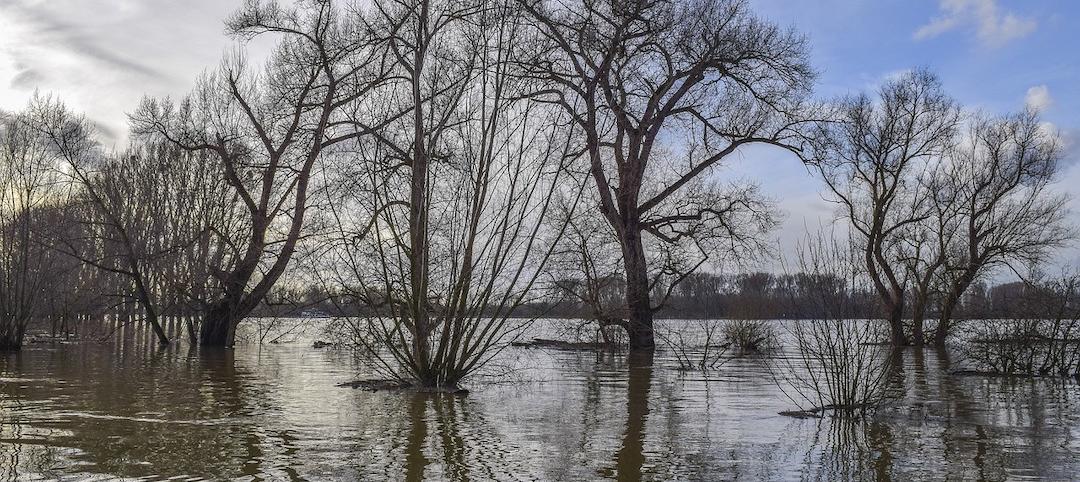FEMA’s new rules governing rebuilding after disasters will take into account the impacts of climate change on future flood risk.
For decades, the agency has followed a 100-year floodplain standard—an area that has a 1% chance of flooding in a given year. The new standard will factor in the impact of climate change such as rising sea level and heavier rainfalls when it funds rebuilding projects.
In coastal areas, the agency will account for increased erosion projected to worsen this century. To reduce flood risk, the agency will build farther from the water wherever possible and will raise structures on stilts and pilings.
Along rivers, FEMA will rebuild at least as high as the 500-year floodplain, and sometimes higher for essential infrastructure such as bridges and hospitals. Similar standards in Houston are credited with savings thousands of homes from flooding earlier this month during Hurricane Beryl.
Related Stories
Codes and Standards | Feb 18, 2022
U.S. Army outlines ambitious renewable energy and decarbonization goals
Net-zero emissions in all procurements and a microgrid at every base among aims.
Codes and Standards | Feb 17, 2022
Pandemic won’t alter urban planning
City planners focused on returning to ‘old normal’.
Codes and Standards | Feb 16, 2022
California court rules affordable housing developers exempt from local zoning
Case could set precedent on state law that overrides local rules.
Codes and Standards | Feb 15, 2022
FORTIFIED resiliency standard expanded to include multifamily sector
Voluntary, beyond-code program aims to protect buildings from severe weather.
Codes and Standards | Feb 10, 2022
Number of Americans at risk of flooding to double in 30 years
Most new risk from new development, not climate change.
Codes and Standards | Feb 10, 2022
Intl. Code Council committee on diversity seeks applicants
New board aims to increase diversity in the membership association.
Codes and Standards | Feb 9, 2022
Climate impact of gas stoves in U.S. equal to half a million cars
New study could increase momentum to ban fossil fuels in new buildings.
Codes and Standards | Feb 7, 2022
Energy efficiency ratings not reflecting true energy use
Highest rated U.K. buildings are less efficient than lower rated ones.
Codes and Standards | Feb 3, 2022
Illinois tops USGBC list of states with the most LEED certified projects in 2021
Top 10 states plus D.C. certified more than 247 million gross square feet.
Codes and Standards | Feb 2, 2022
Public works contracting reform advances in New York State
Governor signs bill to form advisory council that will propose policy changes.

















